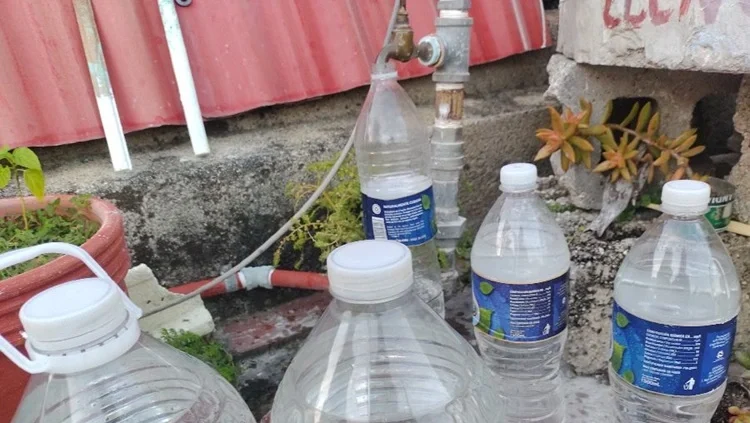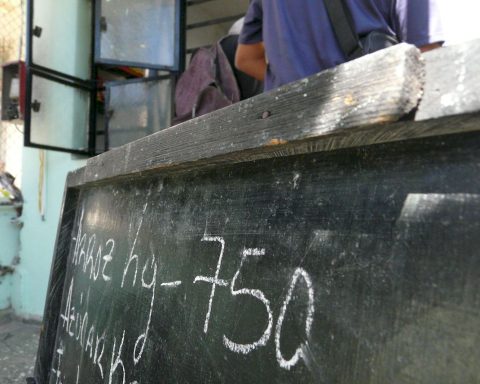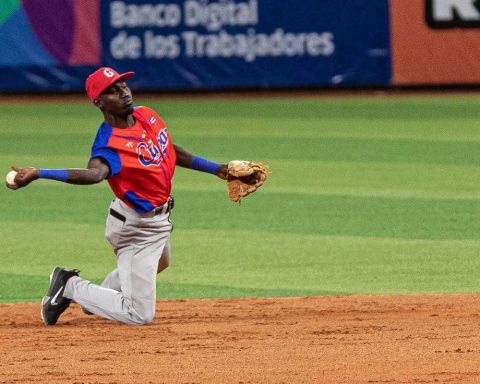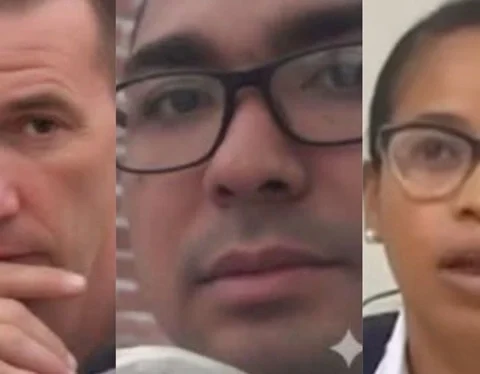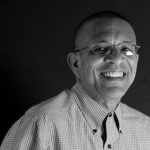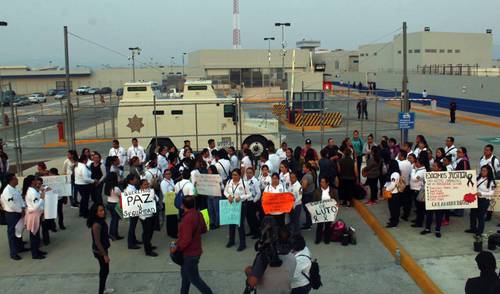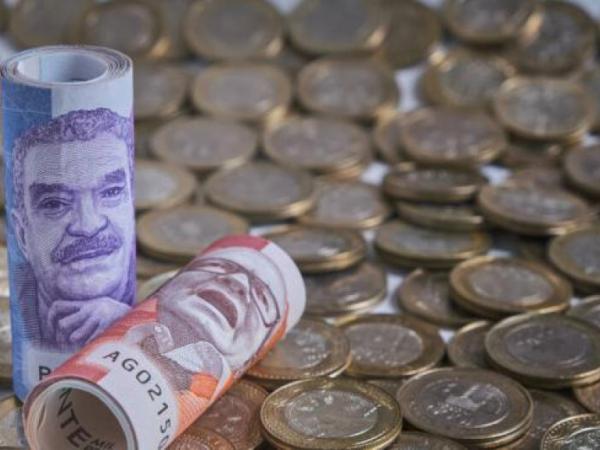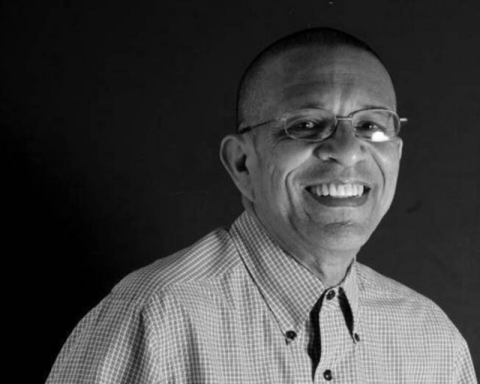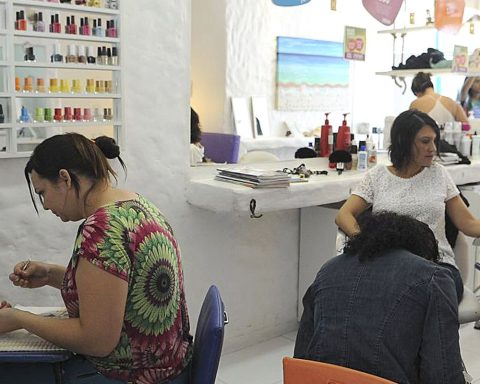AREQUIPA, Peru – After four days of Hurricane Rafael passing through western Cuba, the Electrical Union (UNE) in Havana reported that of the 12 vital water supply sources in the city, currently only six have electrical service.
As for health centers, there are still several hospitals that do not have the service. As of this Sunday morning, some 36 hospitals had electricity, a figure that represents 83.7% of the total.
In less than a month Cuba suffered the onslaught of two hurricanes. The most recent, Rafael, left more than 460 landslides in the island’s capital. The impoverished electrical infrastructure was compromised nationwide, especially in a context where the system had already collapsed due to lack of maintenance and fuel shortage.
According to official data, in the case of Havana, there is currently 85% recovery. The most affected municipalities are Boyeros with 49.7%, La Lisa with 53.5% and Playa 51.21%.
Engineer Lázaro Guerra, director of electricity of the Ministry of Energy and Mines, pointed out that the maximum availability for the peak on November 10 will be 1,950 MW, with a maximum demand of 2,600 MW, which represents a deficit of 650 MW and an impact of 720 MW.
With this forecast, more than a third of the Island will continue to have a blackout this Sunday. In this regard, Guerra added that 22 new brigades will be incorporated in the recovery process.
The energy reality of the Island
Before the hurricanes, most of the island’s provinces only had three hours of electrical service a day. This panorama caused stupor and frustration among Cubans.
“Let them close everything, the schools and workplaces or, rather, the entire country,” wrote the user Digna Niebla Noble in the forum of a publication of CubaNet on Facebook. “They should remove it completely [la corriente eléctrica]so we know that we do not have to suffer, and that they turn off our lives once and for all, excuse me, this is not life,” said Judith Ortiz Charon.
In September, the Island recorded one of the highest electricity service impacts in three months (43%), although still below the 45% impact reported in February of this year. In October the situation became even more critical with blackouts that covered half the country and the “total disconnection” of the National Electroenergy System (SEN).
In May of this year, the Cuban ruler, Miguel Diaz-Canelsaid the country would experience “prolonged” power outages until June due to maintenance work on the energy system. This measure, according to authorities, seeks to reduce interruptions during the months of July and August, when consumption is highest.
“We are going to have extended maintenance until the month of June to minimize the annoyance of blackouts in the summer, especially in the months of July and August,” said Díaz-Canel in the sixth episode of his podcast. From the Presidency. The governor made it clear that the total absence of blackouts cannot be guaranteed: “We cannot commit to there being no blackouts. Due to the current conditions of the system, that commitment is not possible now,” he declared.
The blackouts further complicate the country’s already tense energy situation and not only deteriorate the economic performance of Cubawhich has been mired in a serious crisis for years, but has also been the trigger for anti-government protests.
